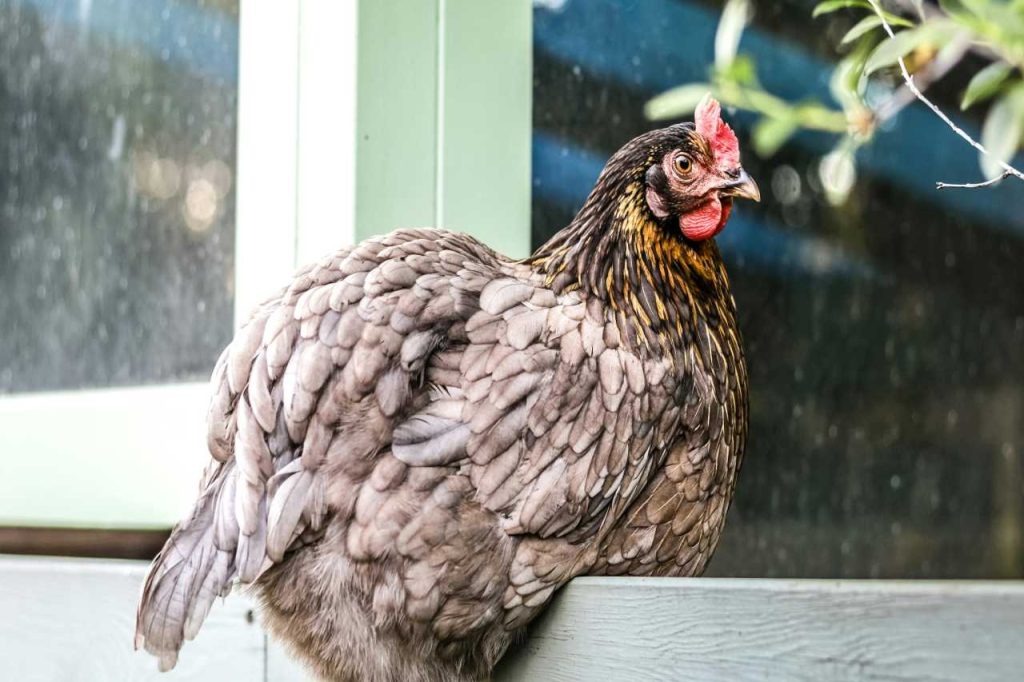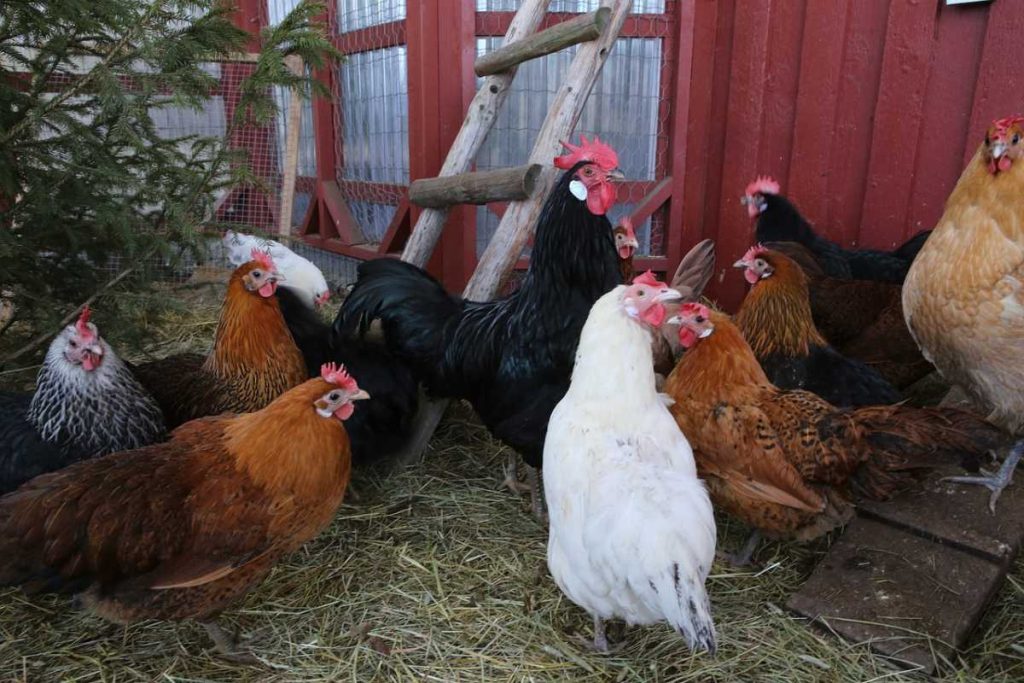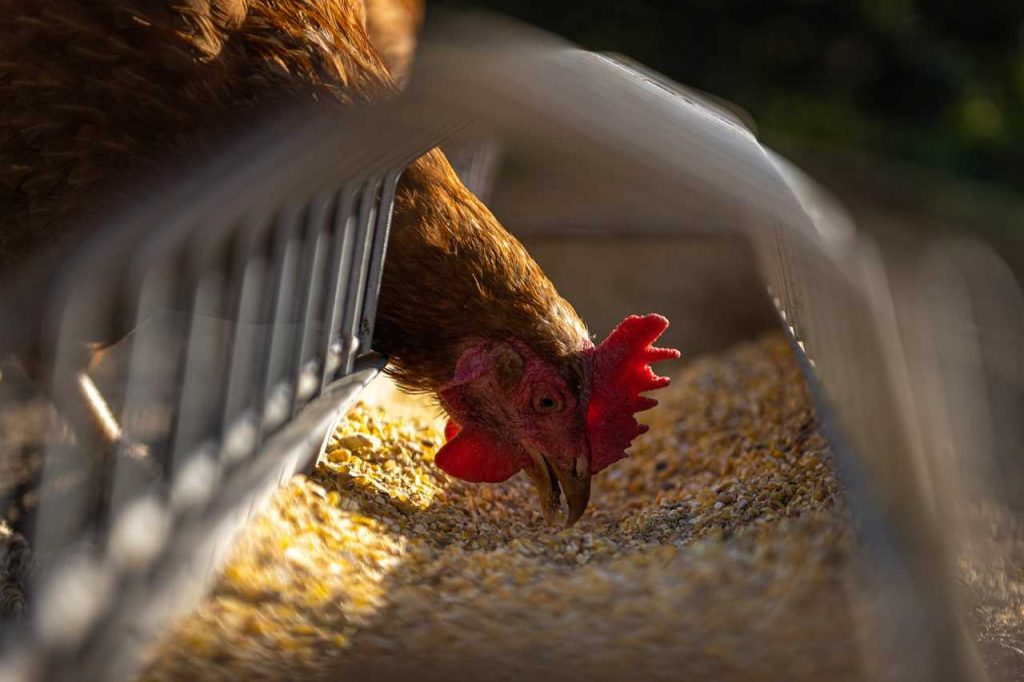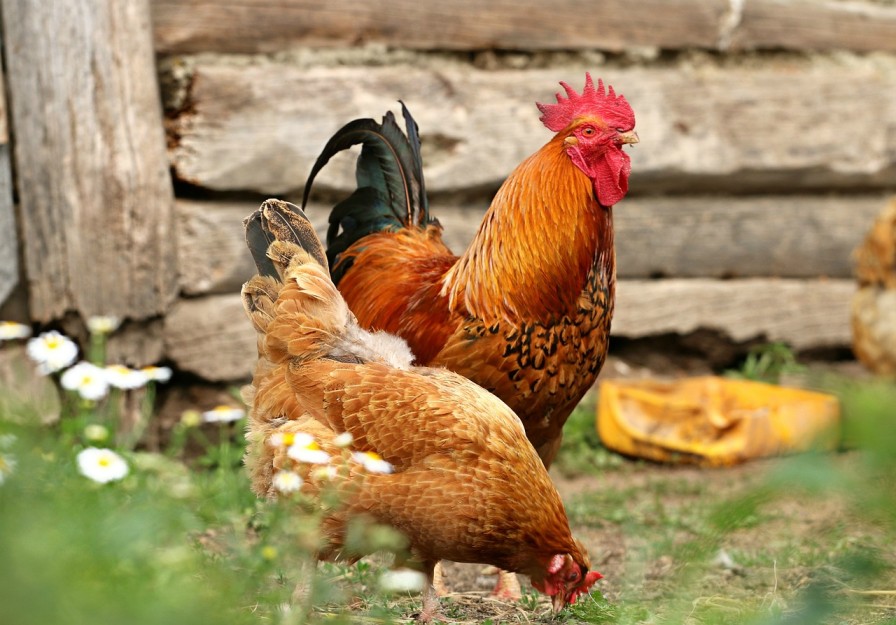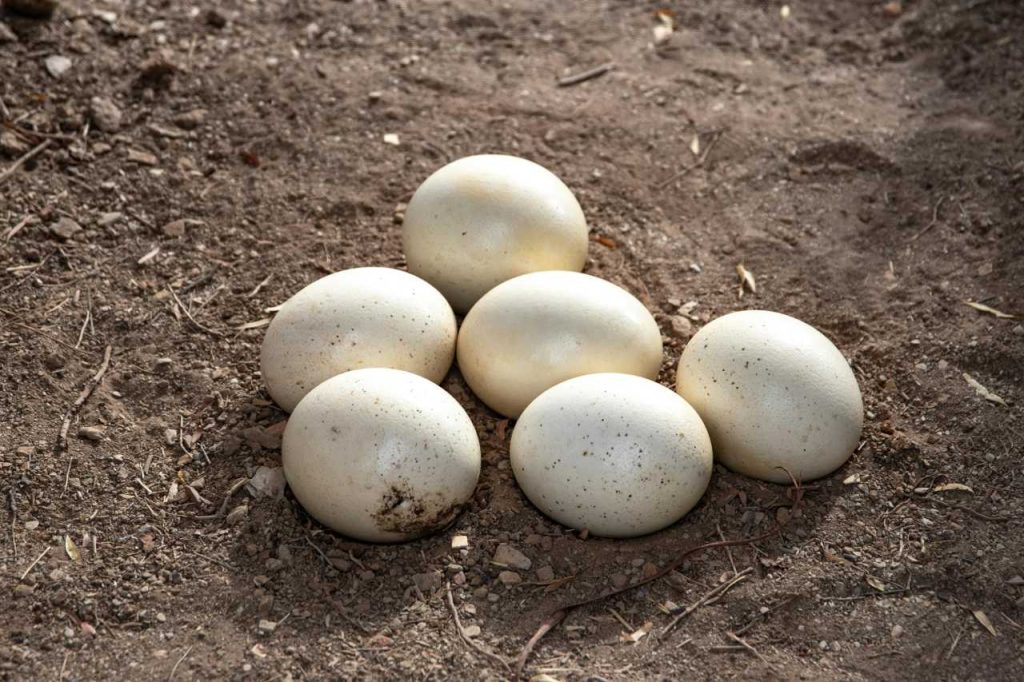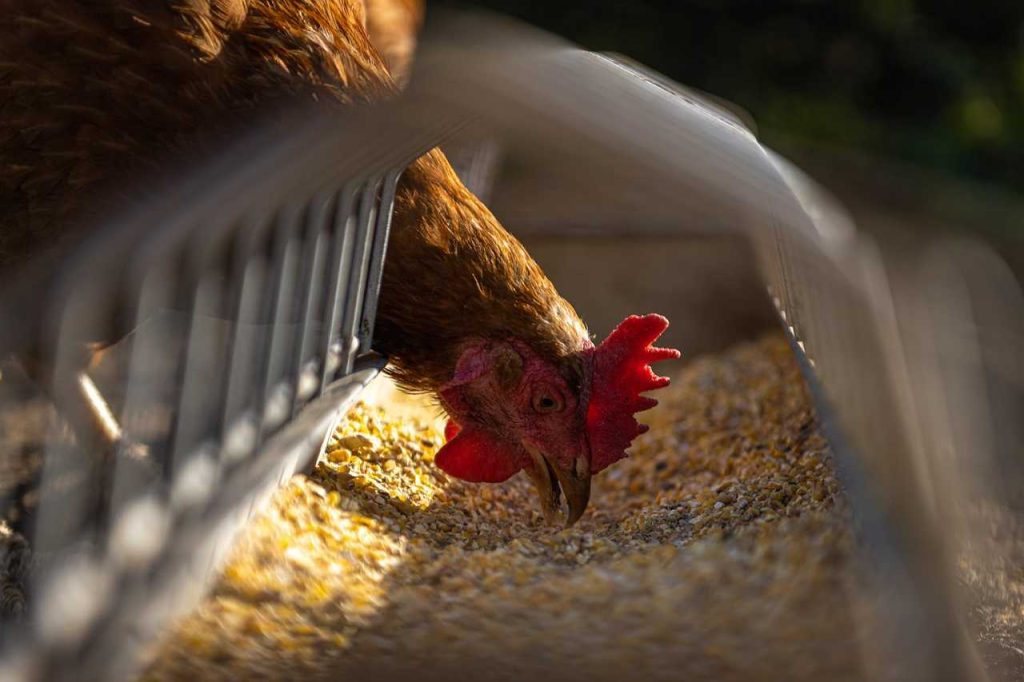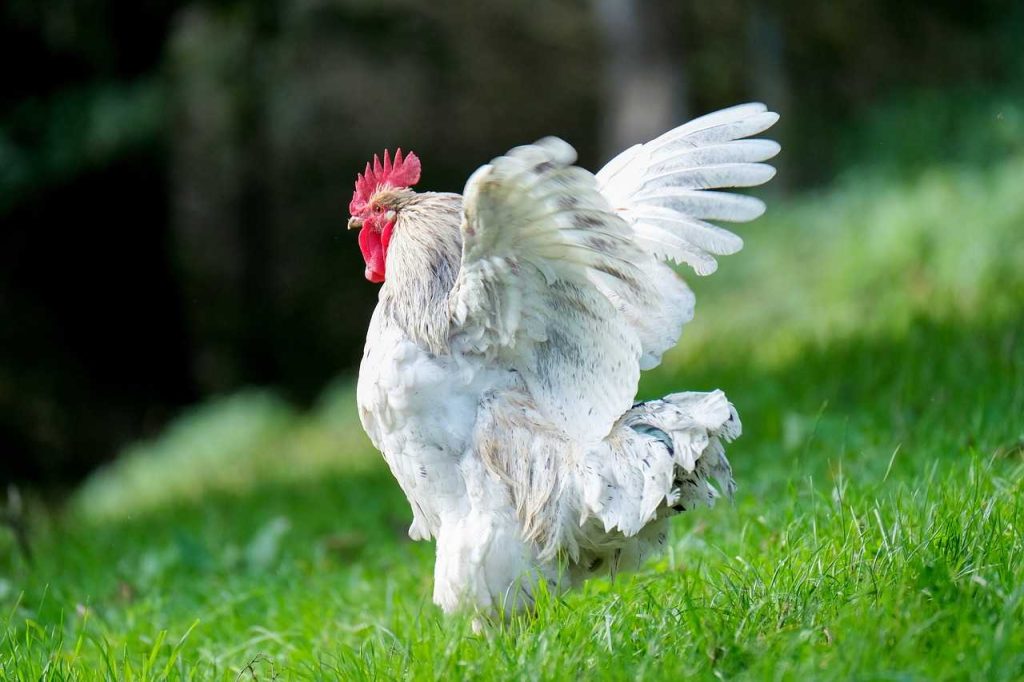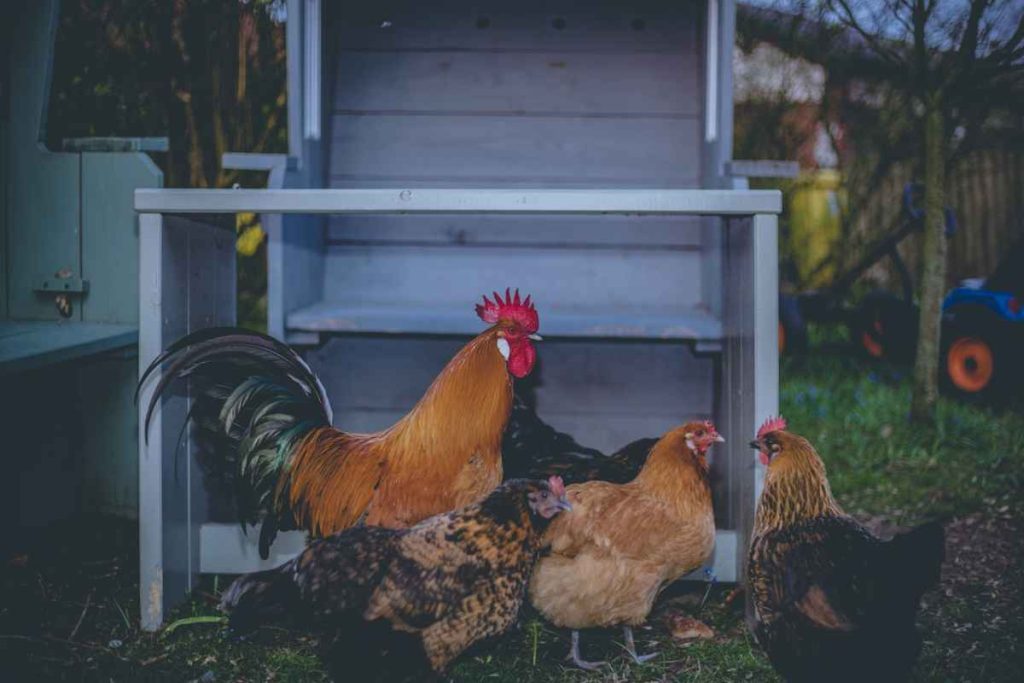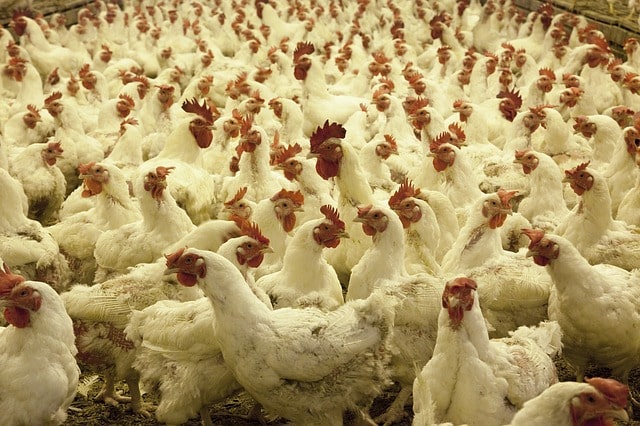Raising chickens can be a rewarding experience, providing fresh eggs and a sense of connection to nature. However, like any animal, chickens require proper care and management to maintain their health. Keeping your flock healthy not only ensures a steady supply of eggs and meat but also promotes a harmonious environment on your farm or homestead. This guide presents the top 10 tips for maintaining your chicken’s health, helping you create a thriving and productive flock.
The health of your chickens is crucial to their well-being and productivity. Healthy chickens are more resilient to diseases, produce more eggs, and exhibit better growth rates. Maintaining their health involves regular monitoring, proper nutrition, good living conditions, and proactive healthcare measures. The following tips will provide you with a comprehensive understanding of how to care for your chickens effectively.
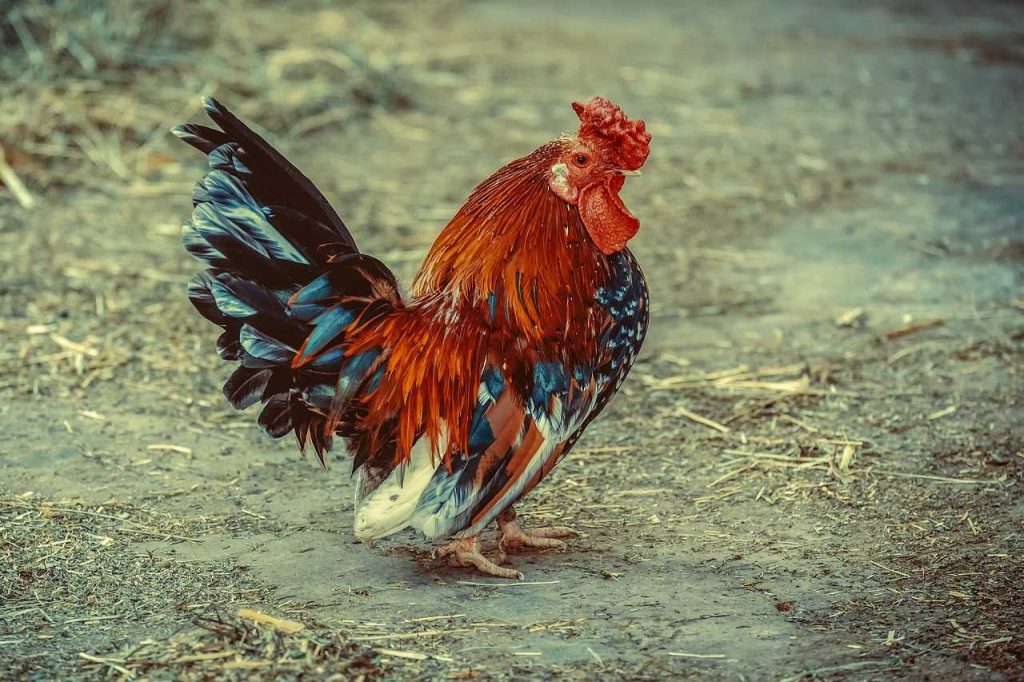
1. Provide a Balanced Diet
Importance of Nutrition
A balanced diet is foundational for your chickens’ health. Proper nutrition ensures that your flock receives essential nutrients, promoting growth, egg production, and overall vitality.
Key Components of Chicken Feed
- Protein: Essential for growth and egg production. Layer feeds contain around 16-18% protein, while grower feeds should have about 18-20% protein.
- Carbohydrates: Provide energy. Grains like corn and wheat are excellent sources.
- Vitamins and Minerals: Important for bone health, egg production, and immune function. Look for feeds fortified with vitamins A, D, E, and calcium.
Tips for Feeding
- Quality Feed: Purchase high-quality feed from reputable suppliers. Look for organic or non-GMO options if possible.
- Supplementing Diet: Consider providing kitchen scraps, fruits, vegetables, and grains to diversify their diet.
- Free-Range Options: Allowing chickens to forage can enhance their diet with natural insects and plants.
2. Ensure Access to Fresh Water
Importance of Hydration
Chickens need access to clean, fresh water daily. Proper hydration is essential for digestion, temperature regulation, and overall health.
Tips for Water Management
- Clean Water Sources: Change their water daily and clean waterers regularly to prevent algae and bacteria growth.
- Winter Precautions: In cold weather, provide heated waterers or regularly check for frozen water sources.
- Monitoring Intake: Observe their water intake; changes in drinking habits can indicate health issues.
3. Maintain Clean Living Conditions
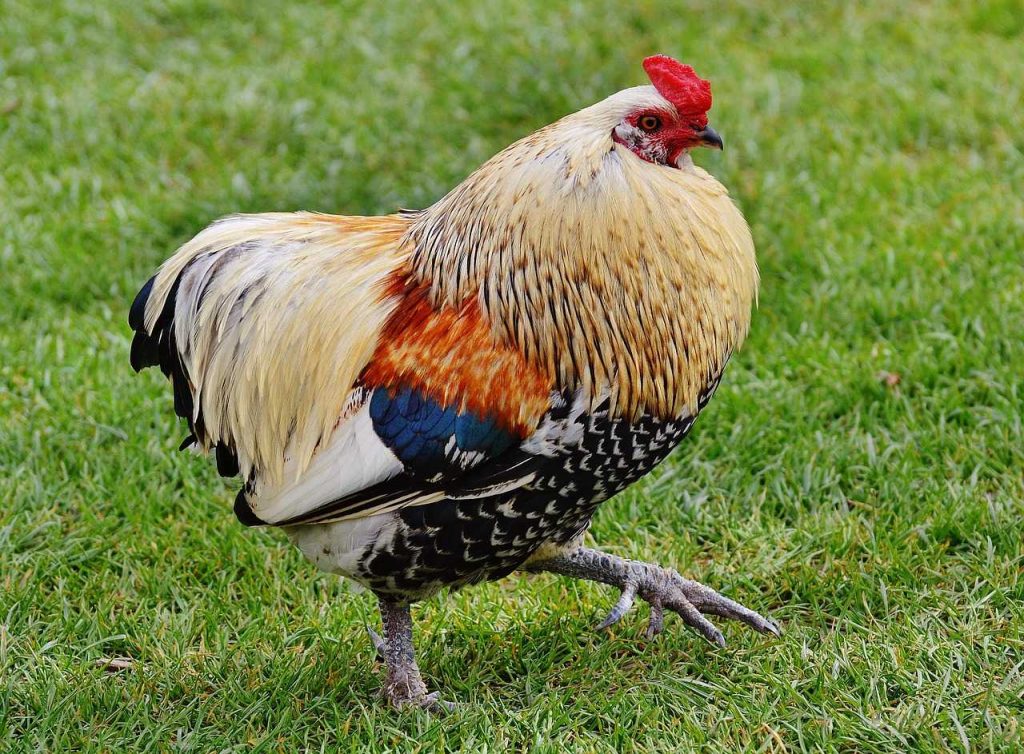
Importance of Hygiene
Keeping your chickens’ living environment clean is crucial for preventing diseases and parasites.
Cleaning Practices
- Regular Cleaning: Clean the coop and run at least once a week. Remove old bedding, droppings, and debris.
- Sanitize: Use appropriate cleaning solutions (avoid harsh chemicals) to sanitize waterers, feeders, and nesting boxes.
- Dust Baths: Provide a dust bath area with sand or dirt. Chickens naturally take dust baths to maintain feather health and deter pests.
4. Monitor for Signs of Illness
Importance of Observation
Regularly observing your flock is key to catching health issues early. Chickens are good at hiding illness, so being vigilant can make a significant difference.
Signs of Illness
- Behavior Changes: Look for lethargy, isolation from the flock, or changes in vocalization.
- Physical Symptoms: Monitor for signs such as coughing, sneezing, abnormal droppings, or feather loss.
- Feeding Habits: Changes in appetite or drinking habits can indicate underlying issues.
What to Do
If you notice any concerning signs, consult a veterinarian or poultry expert for advice.
5. Vaccinate and Prevent Diseases
Importance of Vaccination
Preventive healthcare measures, including vaccinations, are crucial for protecting your flock from common diseases.
Common Vaccines
- Marek’s Disease: A viral disease that affects young chickens.
- Newcastle Disease: Highly contagious and can cause severe respiratory issues.
- Coccidiosis: A parasitic infection affecting the intestinal tract.
Vaccination Schedule
Consult with your veterinarian to establish a vaccination schedule tailored to your flock’s needs.
6. Control Parasites
Importance of Parasite Management
External and internal parasites can adversely affect your chickens’ health. Regular monitoring and management are essential.
Common Parasites
- Mites and Lice: Affect feather health and cause discomfort. Signs include feather loss and excessive scratching.
- Worms: Can lead to weight loss, diarrhea, and lethargy.
Prevention and Treatment
- Regular Check-Ups: Inspect your chickens regularly for signs of parasites.
- Natural Remedies: Consider using diatomaceous earth or natural herbal treatments.
- Consult a Veterinarian: If you suspect a severe infestation, consult a vet for appropriate treatments.
7. Provide Proper Shelter
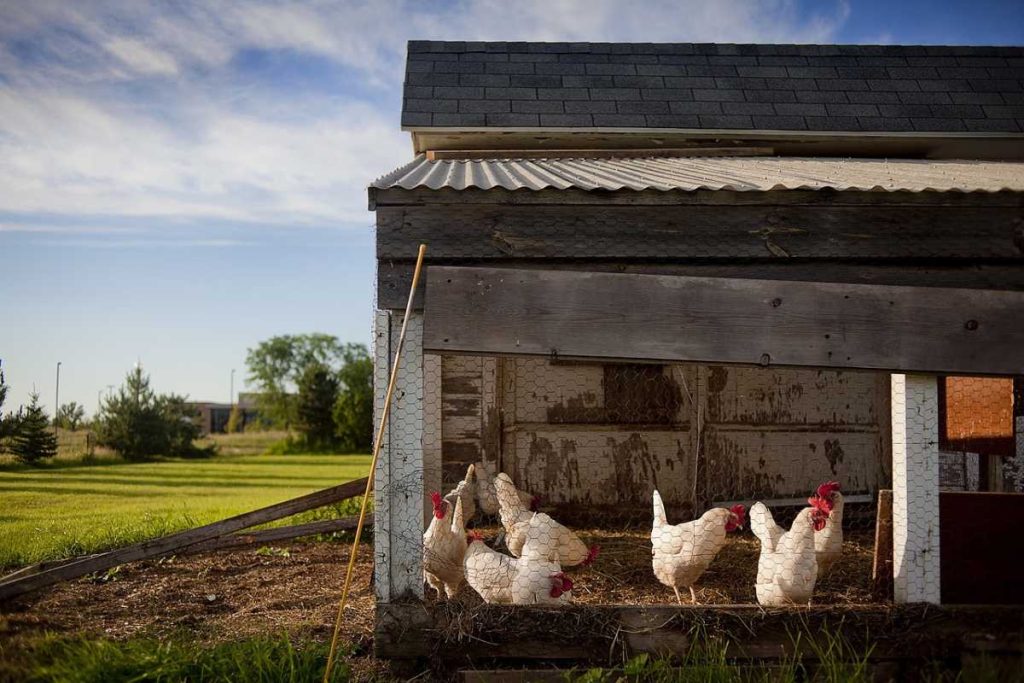
Importance of Shelter
A secure and comfortable shelter protects chickens from predators, weather extremes, and provides a safe place to roost.
Key Shelter Features
- Space Requirements: Provide at least 4 square feet of indoor space per bird and 10 square feet per bird in the outdoor run.
- Ventilation: Ensure proper ventilation to prevent respiratory issues while keeping drafts at bay.
- Predator-Proofing: Use secure fencing and solid construction to protect your flock from predators.
Seasonal Considerations
- Winter: Insulate the coop and provide heat sources if necessary.
- Summer: Ensure proper shade and airflow to prevent overheating.
8. Encourage Natural Behavior
Importance of Natural Behaviors
Chickens are social animals that thrive when they can express natural behaviors, such as foraging, dust bathing, and nesting.
Creating an Enriching Environment
- Foraging Opportunities: Scatter grains or treats in the run to encourage foraging behavior.
- Nesting Boxes: Provide comfortable nesting boxes for laying eggs, ensuring they feel safe and secure.
- Roosting Areas: Create multiple roosting spots to allow chickens to sleep comfortably off the ground.
9. Provide Regular Health Check-Ups
Importance of Routine Health Checks
Regular health checks allow you to catch potential health issues early and maintain your chickens’ overall well-being.
What to Include in Health Checks
- Physical Examination: Check for weight, feather condition, and any signs of illness or injury.
- Vent Inspection: Examine the vent area for signs of blockage or unusual discharge.
- Foot Health: Inspect feet and legs for any signs of injury, bumblefoot, or infection.
When to Consult a Veterinarian
If you notice any abnormalities during your check-ups, don’t hesitate to consult a veterinarian experienced in poultry care.
10. Foster a Good Relationship with Your Flock
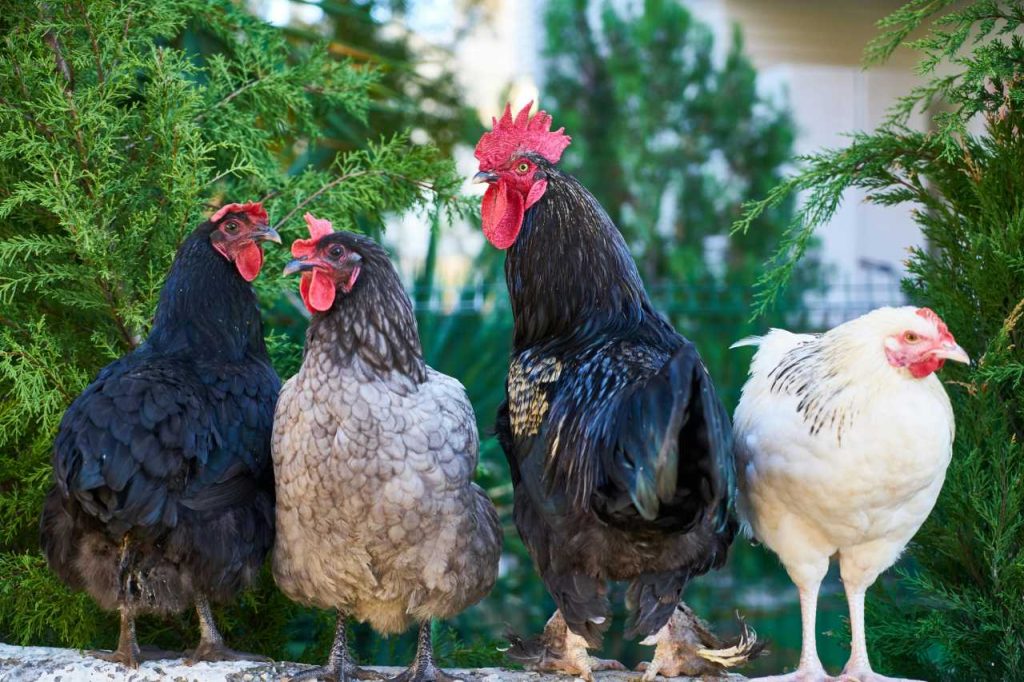
Importance of Interaction
Spending time with your chickens helps build trust and reduces stress, which is essential for their well-being.
How to Interact with Your Chickens
- Handling: Gently handle your chickens to familiarize them with human interaction.
- Observation: Spend time watching their behavior; this will help you notice any changes or issues.
- Training: Consider clicker training or other positive reinforcement methods to engage with your flock.
Conclusion
Maintaining your chickens’ health involves a combination of proper nutrition, clean living conditions, regular monitoring, and preventive healthcare measures. By following these top 10 tips, you can ensure your flock thrives, providing you with fresh eggs and the joy of raising healthy animals.
With diligence and care, you’ll enjoy the many benefits that come with raising chickens. Whether you’re a seasoned farmer or a backyard enthusiast, prioritizing the health of your flock is essential for a successful chicken-keeping experience.

